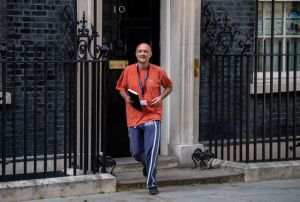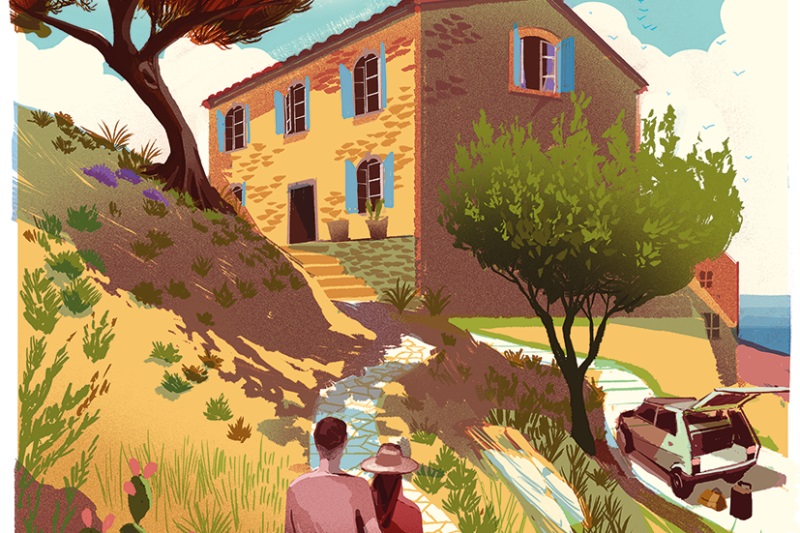Faced with Marina Lewycka’s new novel, it’s tempting to say that The Good, the Bad and the Little Bit Stupid is also a pretty serviceable description of its contents. Yet, in the end, that feels far too neat a formulation for a book that goes well beyond the uneven into the realms of the completely unhinged. For one thing, its elements — among them suburban social comedy, the horrors of Brexit, money laundering, geriatric sex and the international trade in human organs — seem not so much disparate as random. For another, they’re never remotely blended, but simply allowed to co-exist.
The novel begins in Sheffield, and in territory familiar from Lewycka’s all-conquering 2005 debut A Short History of Tractors in Ukrainian, when a self-deluded oldie falls for a brassy blonde. On EU referendum night, 79-year-old George Pantis (whose surname, we’re repeatedly reminded, sounds quite like ‘panties’) is kicked out by his wife Rosie for voting Leave. Standing in the rain in his pajamas, he’s then taken in by his Ukip neighbor Brenda — to whom, he decides, ‘he must look … like Colin Firth emerging from the lake at Pemberley’.
As ever, such beady but essentially kindly comedy sees Lewycka at her best. The trouble is that the book’s tone, along with the characters’ personalities, keep changing to suit the shifting needs of the plot — and, as it transpires, those needs shift a lot.
After his marriage breaks up (for a bit), George wins $9 million in the Kosovo State Lottery, despite never having entered it. He then becomes so smitten with the mysterious young hottie who shows up with a keen interest in his online-banking password that he accompanies her to her home village in Albania to start a new life (for a bit). At which point, Rosie and Brenda abandon their ferocious rivalry (intermittently) and go after him, together with Rosie and George’s son Sid. And with that, the novel goes into full James Bond mode (for a bit), with gun-toting villains and a secret clinic for the extraction of human kidneys.
Fortunately, the baddies are no match for an elderly Sheffield couple, their maths-teacher son and a brassy blonde — and the four return safely to a Britain, where we get both a series of impassioned lectures about how Brexit will reduce us to ‘eating home-grown cabbage and wormy potatoes’ and a happy ending.
At times, admittedly, all this is so bonkers as to be almost exhilarating — but bonkers it remains nonetheless.
This article was originally published in The Spectator’s UK magazine. Subscribe to the US edition here.


























